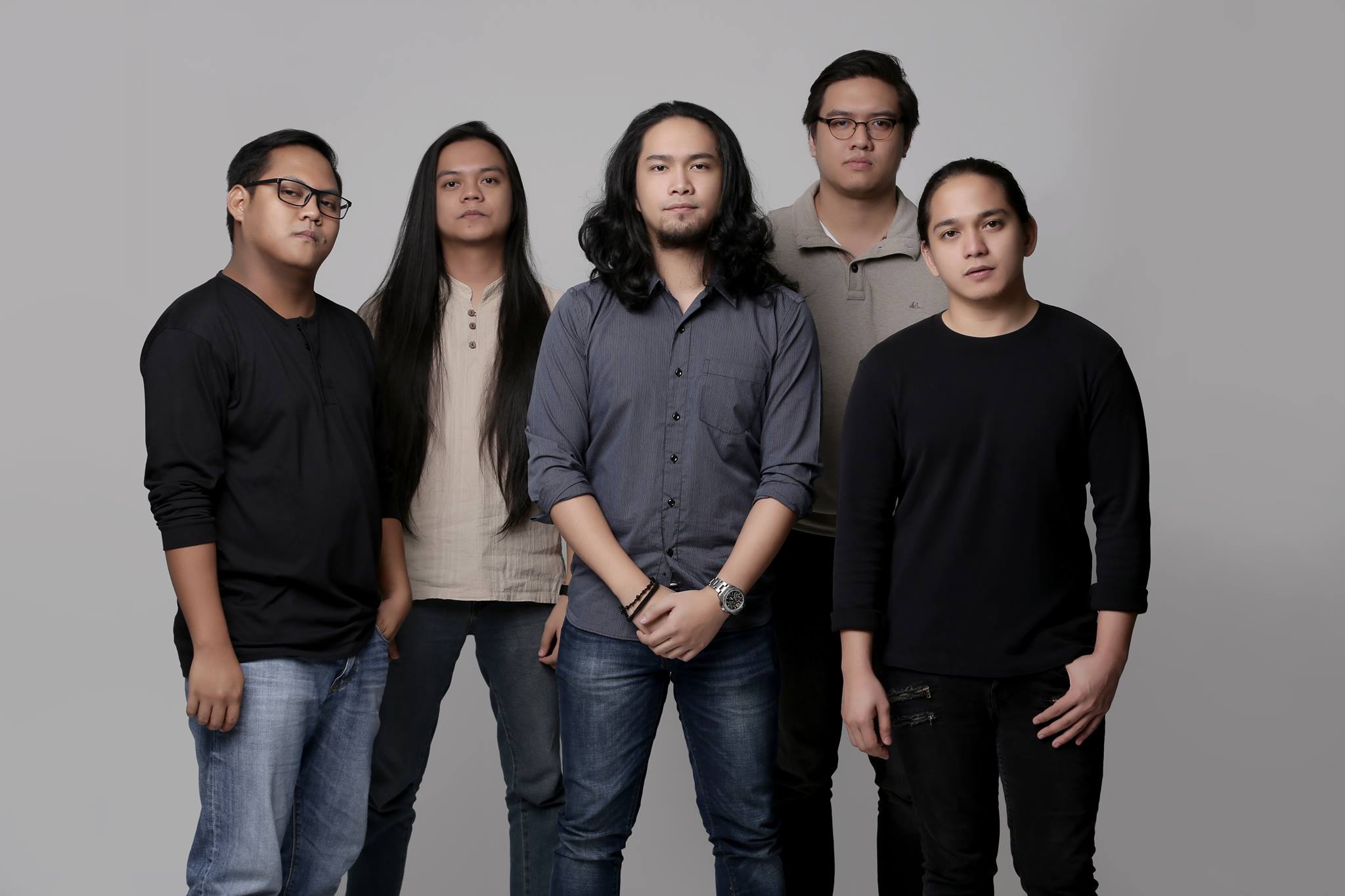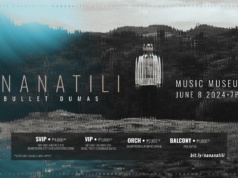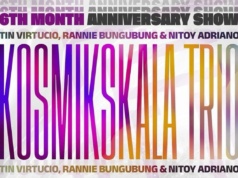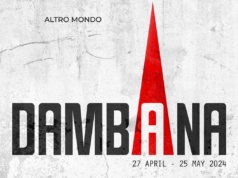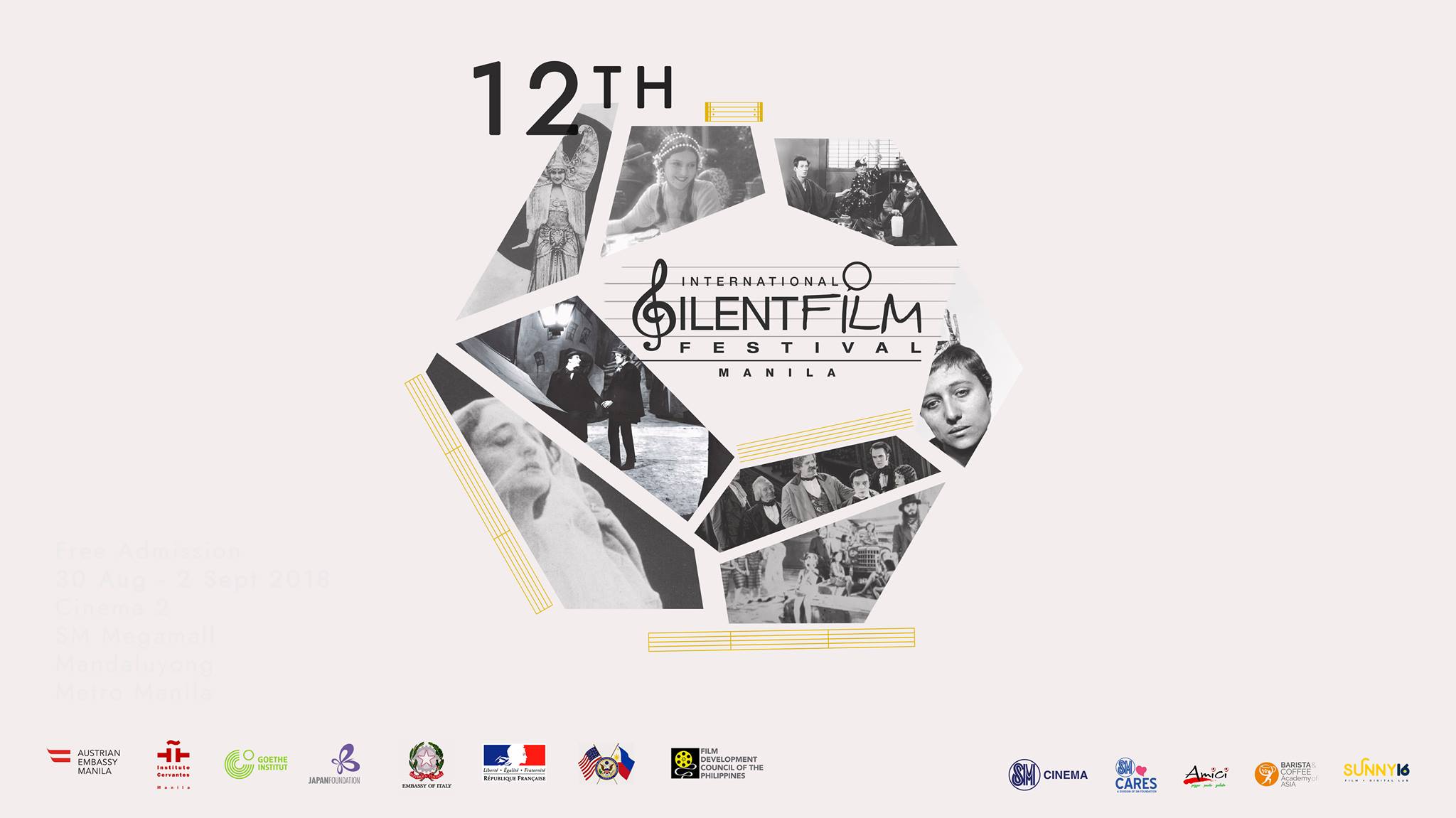
August 30 – September 2
SM Megamall, Cinema 2
Mandaluyong City
ADMISSION IS FREE.
The International Silent Film Festival Manila (ISFFM), renowned as the first and oldest silent film festival in Southeast Asia is having its 12th installment this 2018. Founded in 2007, the festival was a unique collaborative initiative led by the Goethe-Institut Philippinen together with the Japan Foundation – Manila, and the Instituto Cervantes de Manila. The festival has grown as it continues to celebrate arts and cultural heritage through international silent films with live music, scored by Filipino artists. This year, there are eight participating countries to celebrate yet another year of intercultural collaboration—- Austria, France, Germany, Italy, Japan, Spain, U.S. and the Philippines.
Happening from August 30 to September 2, the ISFFM is partnering with SM Megamall to screen eight (8) silent films, to be live-scored by local musicians. The participating embassies and cultural institutions include: the Film Development Council of the Philippines, the Goethe-Institut Philippinen, the Philippine-Italian Association, Japan Foundation-Manila, Instituto Cervantes de Manila and the Embassies of the United States of America, Austria and France.
Schedule of Screenings
August 30 (Thursday)
08:00 pm ITALY – Rapsodia Satanica (Satanic Rhapsody)
August 31 (Friday)
07:00 pm PHILIPPINES – This is Not A Lost Film
09:00 pm FRANCE – La Passion de Jeanne D’Arc
September 1 (Saturday)
04:00 pm GERMANY – Das Cabinet des Dr. Caligari (The Cabinet of Dr. Caligari)
06:00 pm JAPAN – A Straightforward Boy
08:00 pm USA – Our Hospitality
September 2 (Sunday)
05:00 pm SPAIN – Frivolinas
07:30 pm AUSTRIA – Die kleine Veronika
Invite:
https://www.facebook.com/events/229835844494805/
#ISFF2018
ITALY
Rapsodia Satanica (Satanic Rhapsody)
Directed by Nino Oxilia
1915-1917 | 41 mins
Film Genre: Italian Stylish Melodrama; based on a poem by Fausto Maria Martini and inspired by the aesthetic of Gabriele D’Annunzio
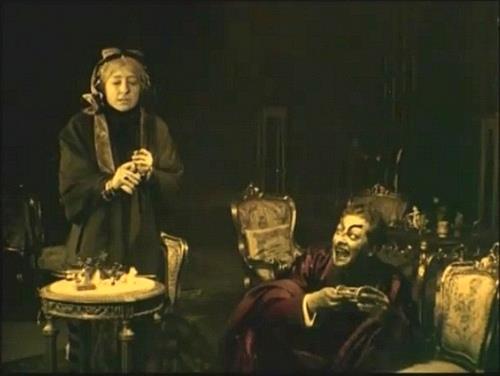
SYNOPSIS
An ageing Italian aristocrat, Dame Alba d’ Oltrevita (Lyda Borelli), willing to find a second youth, discovers a particular and special solution for her beauty problems: a pact with the devil. However, as for Faust, also for Dame Alba things don’t go as expected…
Rapsodia Satanica is the most important of those stylish melodramas made in Italy in the early silent days that gave prestige to the unique style of Italy’s film productions. It is considered a 360 degrees artwork for its literary inspirations (mainly decadent movement), its Liberty scenery and indoor settings as well as for the skilled performance of Lyda Borelli, star of the Italian silent cinema.
Accompanying Musician:
» About the Band
PHILIPPINES
This is Not a Lost Film
Directed by Khavn De La Cruz

live musical scoring by the director himself, Mr. Khavn De La Cruz and the Kontra-Kino Orchestra
“This is Not a Lost Film” features the “Lost Film Trilogy” which is composed of “Filipiniana”, “Aswang (1933)” and “Juan Tamad Goes to the Moon (1898)” and an excerpt from “Nitrate: To The Ghosts of the 75 Lost Philippine Silent Films (1912-1933)”.
Khavn is a composer, pianist, singer, and songwriter who has made 23 albums. He holds the world record for the longest-ever solo piano concert without breaks for the 13-hour live score of his 13-hour film “Simulacrum Tremendum” in the Rotterdam International Film Festival 2016.
The Kontra-Kino Orchestra was formed in 2016, as a 33-piece improvisation ensemble conducted by Khavn to create an album of imaginary soundtracks.
In 2017, they performed at the Kurzfilmtage Oberhausen. Their album is due for release this October in Berlin.
GERMANY
Das Cabinet des Dr. Caligari (The Cabinet of Dr. Caligari)
Directed by Robert Wiene
1920 | 77 mins
Film Genre: Horror
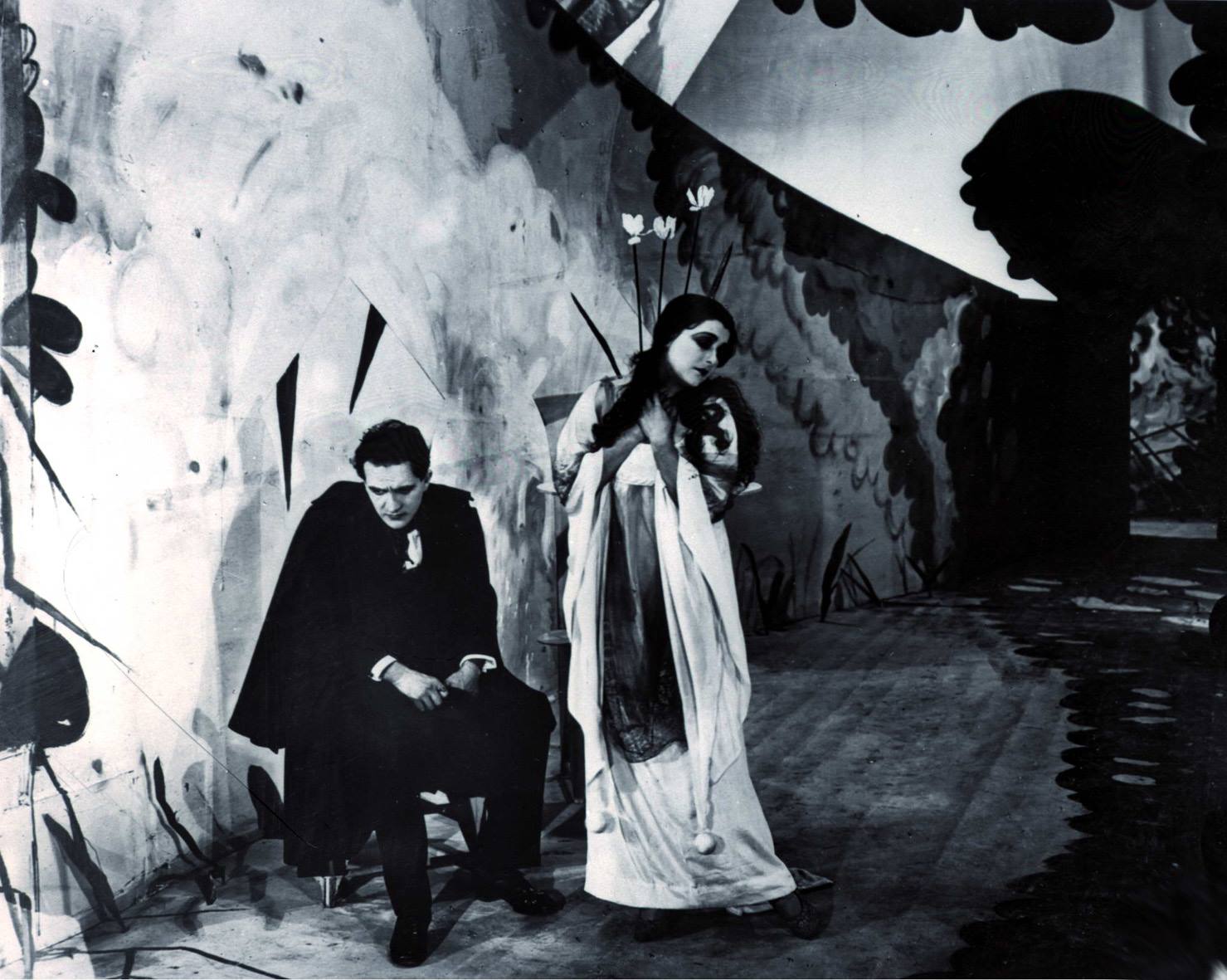
SYNOPSIS
Dubbed as “the first true horror film”, Das Cabinet des Dr. Caligari tells of a mad doctor who is being suspected of sending a reawakened corpse on a killing spree. It is later revealed that he is the director of an asylum for the insane, where our protagonist finds out that the doctor has obsessions far darker and more sinister than he had imagined.
Das Cabinet is considered the quintessential work of German expressionist cinema and favors a fantastical and graphic visual style instead of a naturalistic one. The sets feature structures and landscapes that lean and twist in unusual angles with sharp-pointed forms bathed in striking contrasts of shadows and light. The film also helped introduce techniques such as the twist ending and the unreliable narrator to the language of narrative film.
Accompanying Musician:
Kontemporaryong Gamelan Pilipino (Kontra-GaPi)
» About the Band
Related Article
The First-ever Filipino Benshi: Tito Genova Valiente Accompanies Yasujiro Ozu’s Silent Film Comedy: A Straightforward Boy

